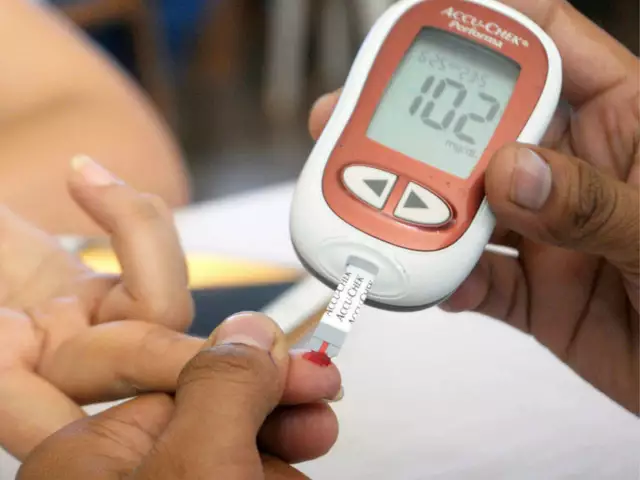Dietary Tips That Actually Help — Food, Meds, and Common Conditions
Want simple food moves that make a real difference? Small changes in what you eat can boost recovery, cut side effects, and make some meds work better. Below are clear, usable tips you can try today — plus things to avoid when you’re on certain drugs.
Daily rules that matter
Cut added salt: Aim for under 2,300 mg sodium per day. Swap packaged snacks for fresh fruit, nuts, or unsalted popcorn. This helps blood pressure and makes meds for hypertension more effective.
Stay hydrated: Water helps digestion, reduces constipation, and lessens headaches from some meds. Carry a bottle and sip—don’t wait until you’re thirsty.
Prioritize protein at breakfast: Eggs, Greek yogurt, or a small handful of nuts stabilize energy and help muscle recovery after illness or surgery.
Choose whole foods over supplements when possible: Vegetables, beans, oats, and fatty fish give vitamins and fiber your body actually uses. If you take supplements, pick third-party tested brands and tell your doctor.
Watch these food + drug combos
Ciprofloxacin and dairy/antacids: Don’t take ciprofloxacin with milk, yogurt, calcium supplements, or antacids that contain magnesium or aluminum. These bind the antibiotic and cut its effect. Take ciprofloxacin at least 2 hours before or 6 hours after those products.
Grapefruit and many meds: Grapefruit juice can raise levels of some drugs, making side effects worse. If you’re on long-term meds (like certain cholesterol or blood-pressure drugs), ask your pharmacist whether grapefruit is safe.
Potassium-rich foods and blood-pressure meds: Foods like bananas, spinach, and potatoes lower blood pressure, but if you’re on ARBs or ACE inhibitors you can get high potassium. Don’t load up on potassium supplements without checking your lab tests.
Alcohol and certain treatments: Alcohol can worsen side effects or block the effect of medicines used for addiction or mental health. For instance, if you’re exploring alternatives to disulfiram or using strong painkillers, avoid alcohol and tell your doctor about drinking habits.
Gut-friendly moves for ulcerative colitis and antibiotics: During flares, lower fiber (avoid raw vegetables and seeds) to reduce irritation. Between flares, add soluble fiber like oats and peeled apples slowly. If you’re taking antibiotics, consider a probiotic with strains shown to help recovery—check with your clinician for the right type.
Skin and inflammation: For irritated skin, skip hot showers and spicy foods that can raise flushing. Omega-3 foods (salmon, walnuts) and vitamin E–rich foods (sunflower seeds) may help inflammation, but patch-test topical changes and review supplements with your doctor.
Want easy next steps? Write a short food list that avoids your known drug interactions, add one extra veggie a day, and bring questions about supplements to your next medical visit. For condition-specific reading, our guides on ciprofloxacin, ulcerative colitis, and Rhatany supplements offer deeper information.
Discover how Avens, the dietary supplement of 2021, can transform your health. Learn the essential benefits, usage tips, and interesting facts about this must-have supplement. This guide aims to provide useful and practical information for anyone looking to enhance their diet.
Read more






